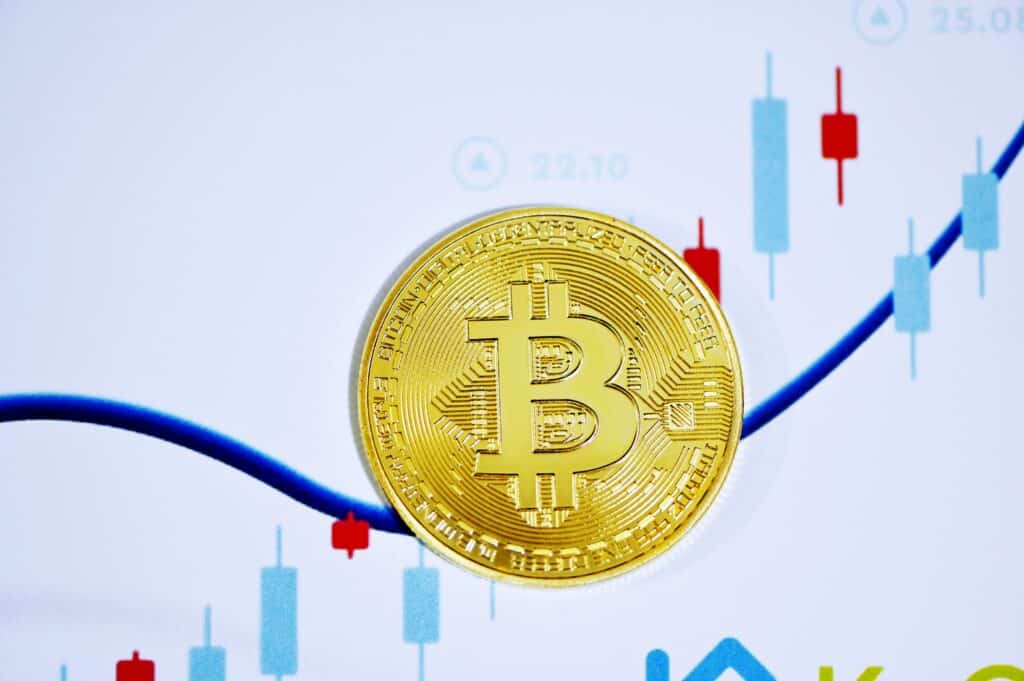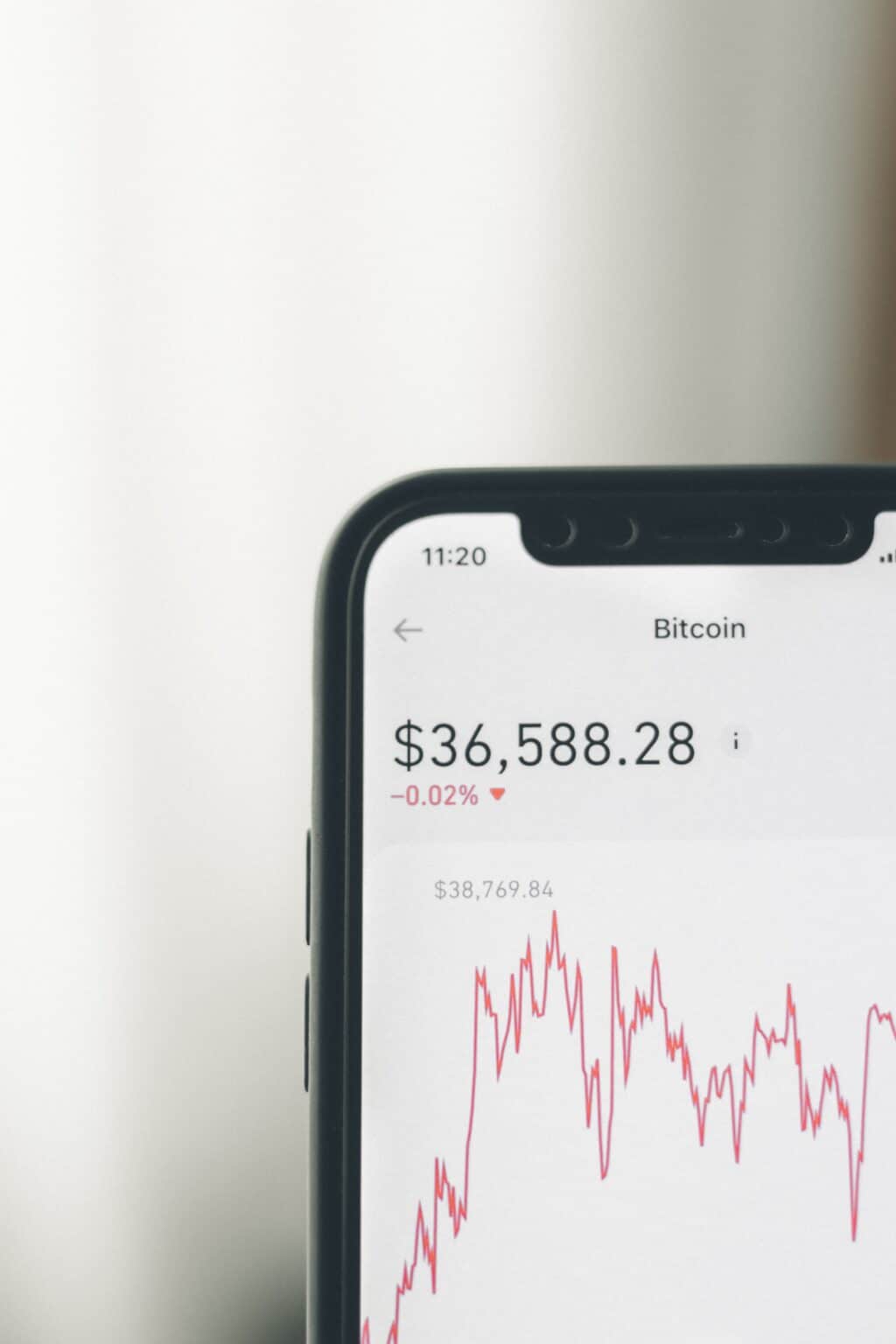In the dynamic world of cryptocurrencies, where Bitcoin stands as a digital asset akin to gold, staying informed is paramount. For those new to this realm, our guide offers a comprehensive journey into acquiring Bitcoin, from the fundamentals to security measures and investment strategies.
Before you acquire BTC, learn about the market and investing for the long run. Many are resorting to Immediate Revolution 360 for all kind of investing education from top firms.
IMAGE: UNSPLASH
What Is Bitcoin?
Bitcoin is a decentralized digital currency created by an anonymous entity known as Satoshi Nakamoto in 2009. Unlike traditional currencies, it operates on a technology called blockchain, which is a distributed ledger that records all transactions transparently and securely.
Why Should You Acquire Bitcoin?
- Store of value: bitcoin is often compared to gold because it can serve as a store of value. it has a limited supply, with only 21 million bitcoins that can ever be mined, making it resistant to inflation.
- Diversification: adding bitcoin to your investment portfolio can help diversify risk, as it doesn’t correlate closely with traditional assets like stocks and bonds.
- Decentralization: bitcoin operates outside the control of governments and central banks, giving you more control over your wealth.
The Importance Of Understanding The Basics
Before diving into acquiring Bitcoin, it’s crucial to grasp the fundamentals of this cryptocurrency, its technology, and its potential risks and rewards.
Understanding Bitcoin
The Blockchain Technology
How Does The Blockchain Work?
Bitcoin’s blockchain is a decentralized ledger that records all transactions across its network. Each transaction is added to a “block” and linked in chronological order, forming a chain. This technology ensures transparency and security.
Decentralization And Security
Bitcoin’s decentralized nature means that no single entity controls it. This decentralization enhances security by reducing the risk of fraud or manipulation.
Bitcoin As Digital Gold
Store Of Value
Like gold, Bitcoin can act as a store of value, allowing you to preserve wealth over time.
Limited Supply And Scarcity
With a capped supply of 21 million Bitcoins, scarcity is built into its design, potentially increasing its value over time.
Risks And Volatility
Historical Price Fluctuations
Bitcoin’s price has experienced significant fluctuations throughout its history, with both sharp increases and decreases. It’s important to be prepared for volatility.
Long-Term vs Short-Term Investment
Decide whether you are investing in Bitcoin for the long term or for short-term gains. Your strategy will depend on your financial goals and risk tolerance.
Wallets And Addresses
Different Types Of Bitcoin Wallets
Hardware Wallets
Hardware wallets are physical devices that store your Bitcoin offline, providing a high level of security.
Software Wallets
Software wallets are applications or online platforms that allow you to store and manage your Bitcoin. They are convenient but may be less secure than hardware wallets.
Paper Wallets
Paper wallets are physical pieces of paper that contain your private key and public address. They are highly secure if stored properly.
Creating A Secure Wallet
Private Keys And Public Addresses
Understanding the distinction between private keys (used to access your Bitcoin) and public addresses (used to receive Bitcoin) is crucial for security.
Best Practices For Wallet Security
Implement security measures such as strong passwords, two-factor authentication (2FA), and secure backup strategies to protect your wallet.
Storing And Managing Your Bitcoin
Consider storing a portion of your Bitcoin offline (cold storage) to protect it from online threats. Backup your wallet to prevent loss in case of hardware failure or theft.
Acquiring Bitcoin
Cryptocurrency Exchanges
How To Choose A Reliable Exchange
Select a reputable cryptocurrency exchange based on factors like security, fees, and user experience.
Creating An Account And Verifying Identity
Follow the exchange’s registration process, which often includes identity verification to comply with regulatory requirements.
Buying Bitcoin
Using Fiat Currency
You can purchase Bitcoin using traditional currency (e.g., USD, EUR) through the exchange’s interface.
Trading Other Cryptocurrencies
Exchanges also allow you to trade other cryptocurrencies (e.g., Ethereum, Litecoin) for Bitcoin.
Peer-To-Peer (P2P) Transactions
Pros And Cons Of P2P Trading
P2P platforms connect buyers and sellers directly, offering increased privacy and flexibility but requiring caution.
Safety Tips For P2P Transactions
When engaging in P2P trading, prioritize safety by using secure payment methods and verifying the reputation of the counterparty.
Security And Safety
Protecting Your Investment
Implement two-factor authentication (2FA) to enhance the security of your exchange and wallet accounts.
Recognizing Potential Threats
Be aware of malware, phishing scams, and social engineering attacks targeting bitcoin holders.
Staying Up-To-Date With Security Practices
Regularly update your software, stay informed through community resources and forums, and remain vigilant against emerging threats.
Managing And Using Bitcoin
Tracking Your Holdings
Use portfolio management tools and be aware of the tax implications of Bitcoin transactions in your jurisdiction.
Using Bitcoin For Transactions
Explore where you can spend bitcoin and understand transaction fees and confirmation times.
Investment Strategies And Long-Term Outlook
Consider investment strategies like dollar-cost averaging (DCA) and decide whether you plan to hold (HODL) or actively trade Bitcoin.
Conclusion
In conclusion, acquiring Bitcoin is an exciting journey that requires a foundational understanding of its technology, security measures, and investment strategies. As the cryptocurrency landscape continues to evolve, staying informed and making informed decisions will be key to your success in the world of Bitcoin.
Start your journey today with the knowledge and confidence you’ve gained from this guide.
Disclaimer: The above references an opinion of the author and is for information purposes only. It is not intended to be investment advice. Seek a duly licensed professional for investment advice. Invest responsibly and never invest more than you can afford to lose.
IMAGE: UNSPLASH
If you are interested in even more business-related articles and information from us here at Bit Rebels, then we have a lot to choose from.


COMMENTS